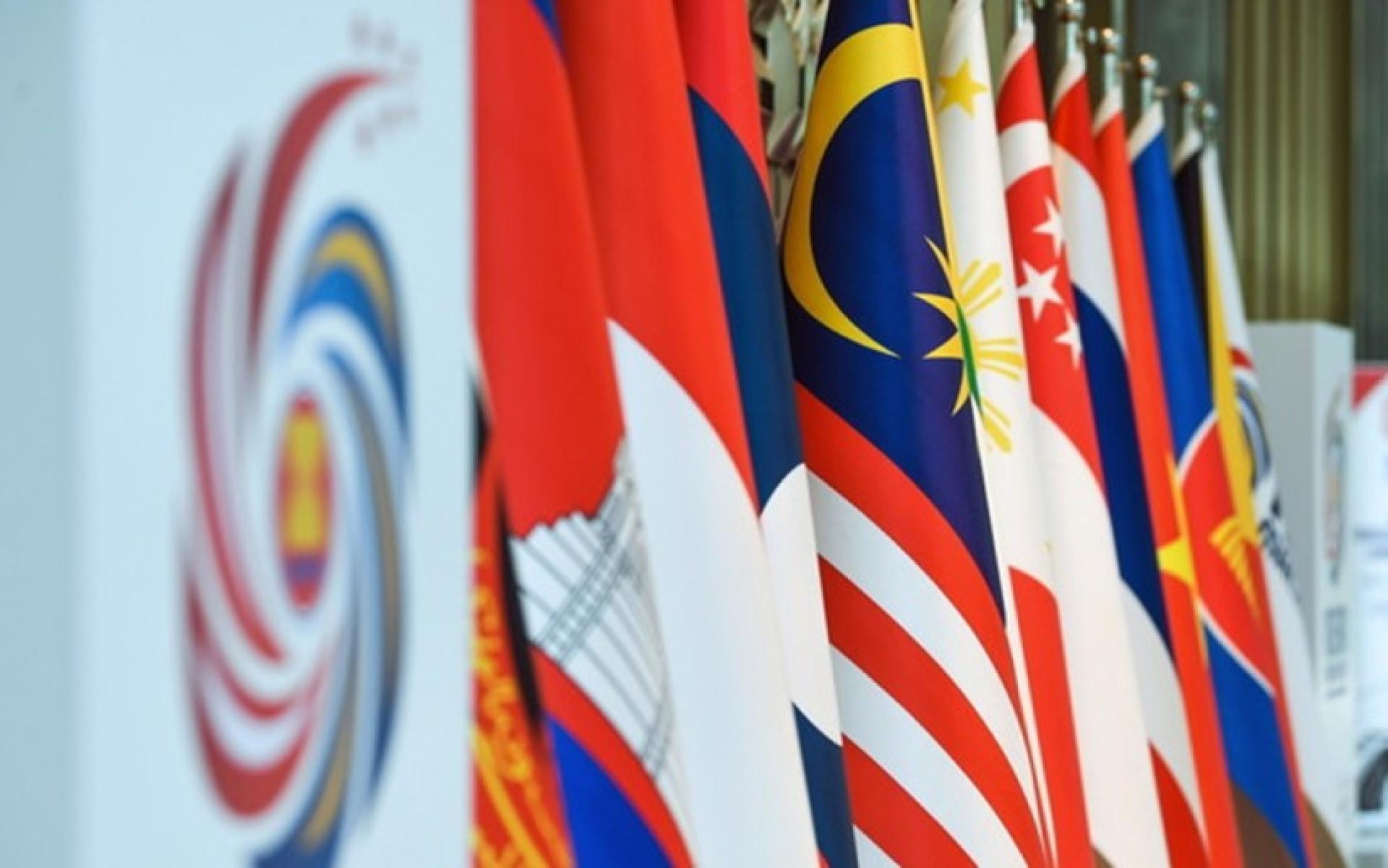(Kuala Lumpur, 20th) The European Union has praised Malaysia for playing a significant role during its tenure as ASEAN's 2025 rotating chair, and hopes to strengthen cooperation with the region by reinforcing human rights values in future economic and trade agreements.
EU Special Representative for Human Rights Eamon Gilmore said that the EU regards Malaysia as an important regional partner, especially in advancing human rights policy dialogues as well as broader trade and investment cooperation.
In a recent interview with Bernama during her visit to Malaysia, she said: "Malaysia has made a significant contribution as the rotating chair of ASEAN."
"For the EU, Malaysia is a very important partner not only in terms of foreign trade and investment, but also in the human rights and economic agenda."
The Myanmar Issue
Gilmore pointed out that Malaysia, as the current ASEAN rotating chair, plays an important role in supporting regional and international human rights institutional dialogues to end humanitarian violations in Myanmar.
However, she believes more effort is needed, and called on ASEAN to urge all conflicting parties in Myanmar to stop violence against civilians.
She reiterated the EU's support for the ASEAN-led Five-Point Consensus (5PC), aiming to end violence and restore stability in Myanmar.
The humanitarian crisis in Myanmar began with the military coup in February 2021, which triggered large-scale conflict and forced tens of thousands of civilians to flee their homes and seek refuge abroad, including in Malaysia.
As of May 2025, there are a total of 200,260 registered Myanmar refugees and asylum seekers in Malaysia, including Rohingya, Chin, and other ethnic groups from conflict zones or fleeing persecution in the country.
Promoting Human Rights Cooperation
Gilmore stated that the EU looks forward to working closely with Malaysia and other ASEAN countries to ensure that human rights principles are integrated into future trade cooperation between the two regions.
"I hope that as free trade agreements progress, we can incorporate human rights concerns, strengthening its (human rights) role as an indispensable element in future agreements currently under negotiation."
In 2024, the EU is Malaysia's fourth largest trading partner, while Malaysia is the EU's 22nd largest trading partner, with total trade amounting to 46.4 billion euros.
At the regional level, Malaysia is the EU's third largest trading partner in ASEAN.
On January 20th this year, the EU and Malaysia announced the resumption of stalled free trade agreement (FTA) negotiations, with the first round to take place at the end of June.
The agreement was originally negotiated from 2010 and, after seven rounds, was suspended in 2012 at Malaysia's request.
Advancing Human Rights Dialogue
Gilmore recently paid a working visit to Kuala Lumpur and attended the EU-ASEAN human rights policy dialogue, a key platform for both regions to discuss human rights issues over the past decade.
The meeting covered a range of topics including civil society and political rights, environmental rights, and labor rights, reflecting the current stage of regional development and the evolving human rights situation in ASEAN.
She said that during her visit, she met with Malaysian Members of Parliament to discuss the United Nations Convention relating to the Status of Refugees.
"I have discussed the possibility of Malaysia joining the convention to enhance its relations with UNHCR, and Malaysia could benefit from the agency’s competencies and capacities."
She also held dialogues with the Malaysian Human Rights Commission and the ASEAN Intergovernmental Commission on Human Rights (AICHR), continuing joint efforts to enhance human rights protection and civic space in the ASEAN region.
